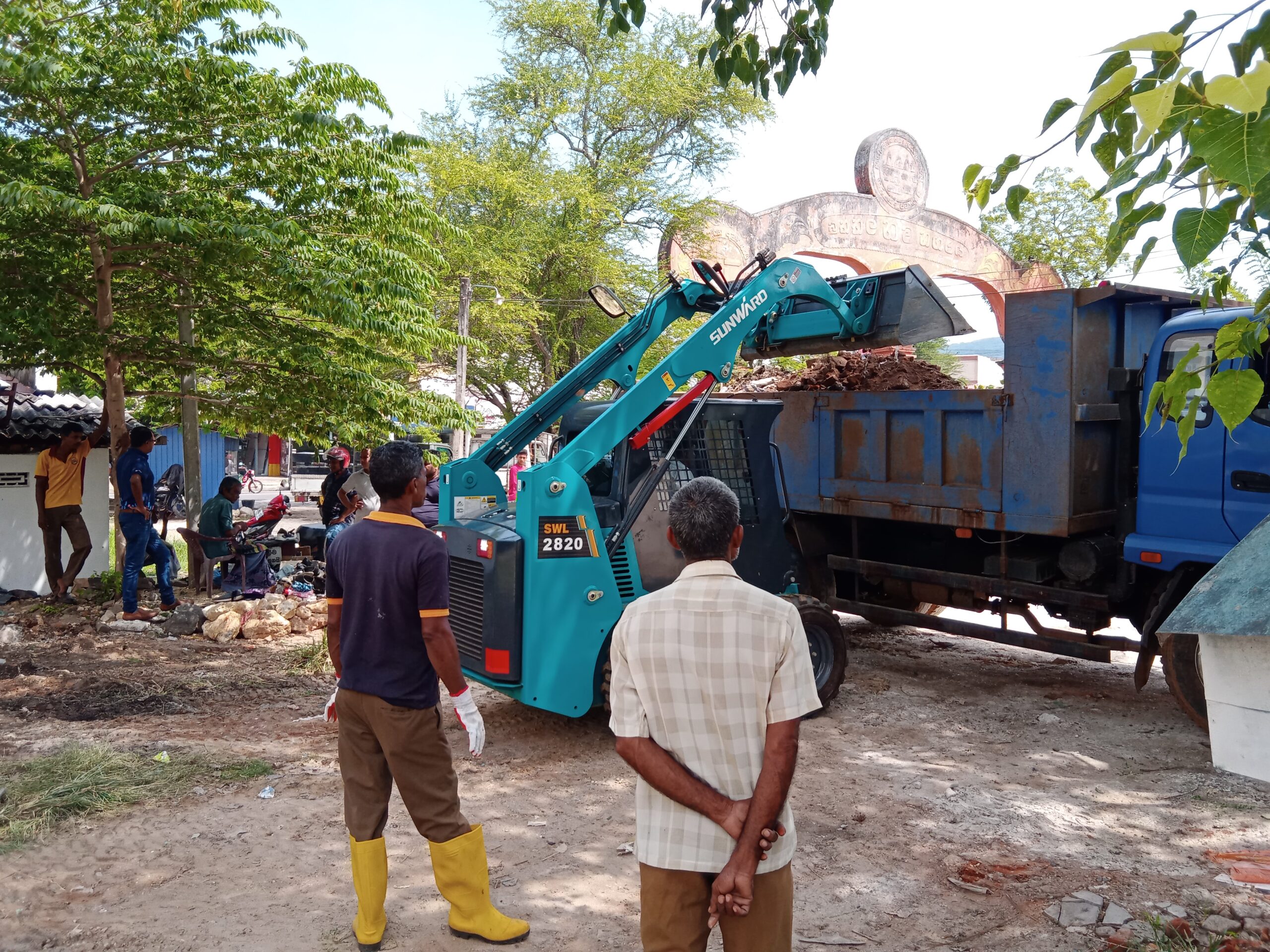30 March 2021
Waste Industries Garbage Pick Up

Garbage is becoming a significant problem in many cities in Sri Lanka. Rapid urbanization, inefficient waste management practices and inadequate infrastructure have resulted in serious adverse consequences for the environment and society.
Due to low public awareness and lack of education on proper waste management practices, many people are unaware of the benefits of recycling and composting as well as the negative effects of improper waste disposal. Because of this, many people continue to throw garbage into drains, roads or other secluded places. This not only destroys the environment but also threatens the health of the neighboring people.
Poor waste management has resulted in negative environmental impacts as well as many social consequences. Its most serious social impact is the negative way it affects the health and well-being of urban residents. Unsupervised garbage dumps, improper waste disposal practices even at waste collection sites are now the primary cause of malaria, dengue fever and other vector-borne diseases.Improper waste management can adversely affect people’s quality of life as well as property values.
To solve these problems, a formal system for sustainable waste recycling and a compost production system is required. Educating the public about the value of sustainable waste management practices and potential solutions and supporting educational initiatives are critical here.
Collecting the garbage removed by the public within the local council area, recycling it and making it a waste resource, collecting the garbage at the domain level